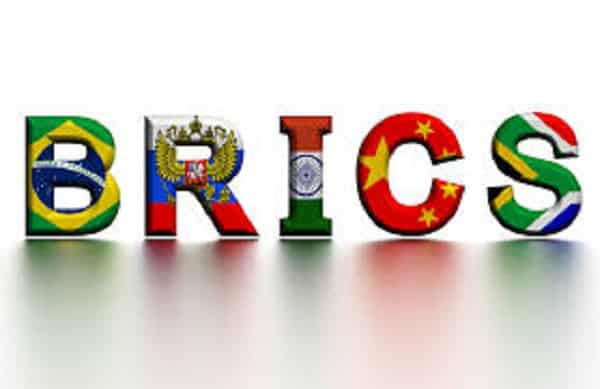The BRICS alliance, comprising Brazil, Russia, India, China, and South Africa, unveils plans to develop an independent payment system fueled by blockchain technology and digital currencies.
The plan is part of strides to strengthen financial autonomy and reduce reliance on the US Dollar.
This initiative, set to roll out in 2024, aims to revolutionise international transactions while prioritising user accessibility and cost-effectiveness.
Read also: BRICS Skills Olympics applications open for SA’s top tech talent
South Africa’s Involvement and Priorities
South Africa, a key member of the BRICS alliance, is deeply involved in shaping the vision of the independent payment system. As part of this endeavour, the country collaborates with other BRICS nations to ensure that the new infrastructure caters to the needs of governments, businesses, and individuals. Moreover, South Africa emphasizes the importance of neutrality in financial transactions, aligning with the BRICS’s objective of fostering a politically independent payment ecosystem.
BRICS’s Strategic Goals for Financial Autonomy
Highlighting the alliance’s strategic objectives, Kremlin aide Yury Ushakov emphasises the necessity of increasing BRICS’s influence within the international financial landscape. Building on the 2023 Johannesburg Declaration, BRICS leaders prioritise promoting settlements in national currencies and fortifying correspondent banking networks. These strategies aim to reduce dependence on the US dollar and facilitate smoother cross-border transactions among member states.
A focal point of BRICS’s financial autonomy agenda is the development of the Contingent Reserve Arrangement (CRA). This financial mechanism, designed to address emergencies, sees contributions from BRICS countries. South Africa actively participates in advancing CRA’s functionality, exploring the feasibility of utilizing non-US dollar currencies within the framework. This endeavour underscores BRICS’s commitment to diversifying global currency reserves.
Bitcoin’s Potential Role in BRICS’s De-dollarization Efforts
Amid mounting speculation about the potential role of Bitcoin in challenging the dominance of the US dollar, BRICS countries contemplate leveraging the flagship cryptocurrency and its underlying technology. While BRICS has yet to confirm adoption plans, the alliance’s decision to embrace blockchain technology signals a broader shift towards digital currencies. South Africa, along with other BRICS members, closely monitors developments in the cryptocurrency space, recognizing its potential impact on de-dollarization initiatives.
A Paradigm Shift in Global Finance
The BRICS alliance’s pursuit of an independent payment system and exploration of alternative currencies marks a significant departure from traditional financial paradigms. With South Africa actively contributing to this transformative agenda, the region anticipates a more inclusive and resilient financial landscape that is less reliant on traditional monetary frameworks. As global institutions and investors embrace digital currencies, BRICS’s vision for financial autonomy gains momentum, heralding a new era in international finance.

